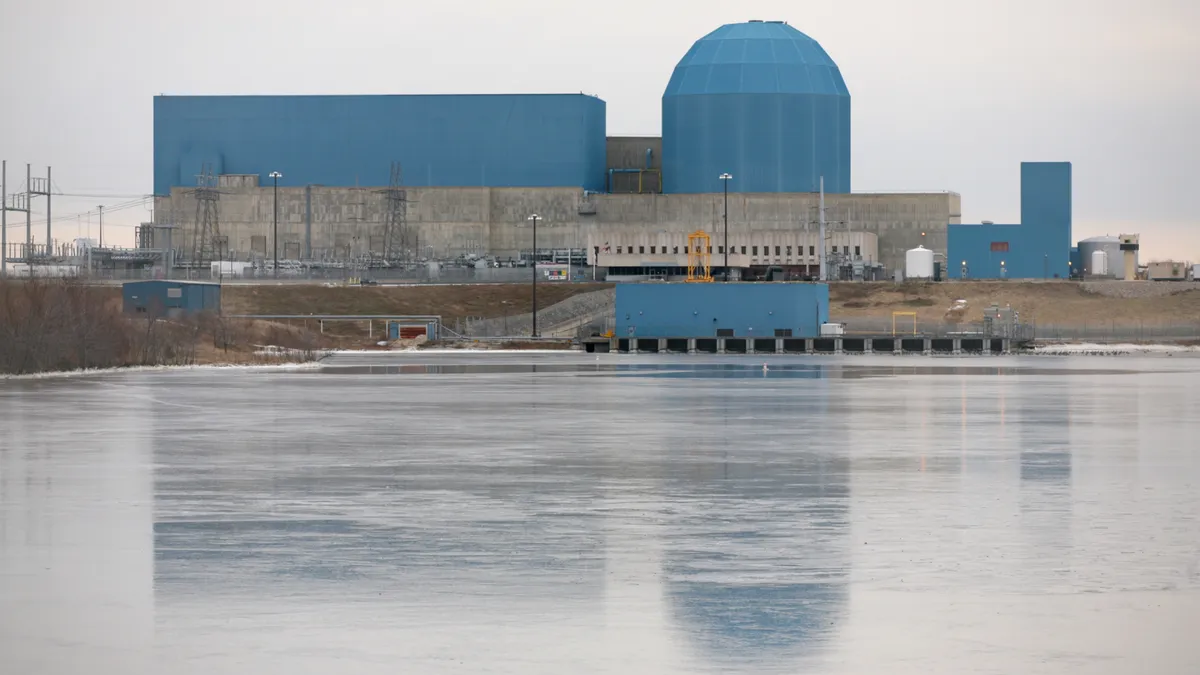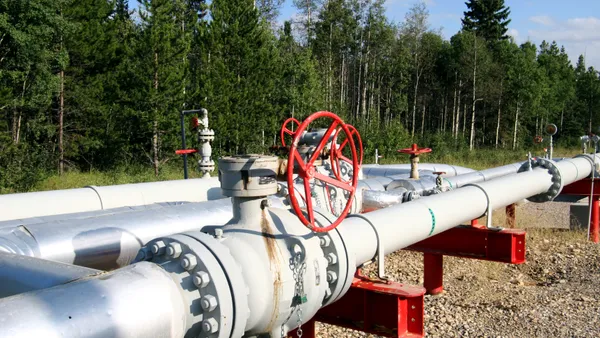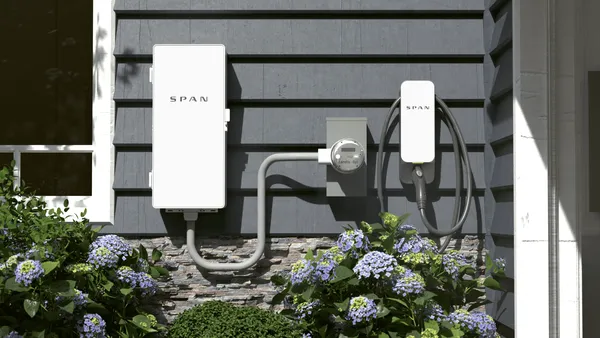Dive Brief:
- Exelon CEO Chris Crane on Thursday highlighted an 'exhaustive' investigation by the company's outside lawyers in the face of two grand-jury subpoenas it has received related to lobbying activities in Illinois and its relationship with a state senator.
- "Their investigation is enabling us to determine what changes [are] necessary internally to ensure that going forward we operate at the highest possible standards, not whether actions have been legal or not but rather which go beyond the ethical reproach," Crane said on a conference call with analysts to discuss Q3 financial results.
- The company is focused on the outcome of pending legislation in Illinois and action by PJM to determine if four of its nuclear plants will secure financial support due to their zero emissions status, as two other company plants have done.
Dive Insight:
Two of Exelon's nuclear plants are participating in Illinois' zero emission credit (ZEC) program and the utility wants four more plants to receive the same benefit.
"I can't stress how important the spring legislative session will be for the future of the four sites that are not covered under the ZEC program," Crane said on yesterday's conference call.
Exelon would have shut down its Clinton and Quad Cities nuclear plants if they had not been able to benefit from the state's ZEC program and will do the same with its Byron, Braidwood, Dresden and LaSalle plants if further clean energy legislation is not enacted by the Spring, he stressed.
The Illinois bill in question — The Clean Energy Jobs Act (SB 2132) — was introduced in February by Sen. Cristina Castro, D, and Rep. Ann Williams, D. Among other goals, it targets 100% renewable energy for the state by 2050.
But as the bill works its way through the state legislature, the company is being investigated for its lobbying activities. Exelon Utilities CEO Anne Pramaggiore resigned last month in the wake of the investigation.
"The need for clean energy legislation is bigger than just one stakeholder or one company. We are one part, but only one part of the ongoing discussion about the urgent need for legislation in Illinois," Crane said regarding the potential impact of the investigation as it relates to the prospects for clean energy legislation in the state.
Crane noted that "delays in enacting the legislation are in part linked to FERC's delay in issuing an order on PJM market capacity" due to a lack of quorum at the commission until the end of November, when a recusal period for Commissioner Richard Glick is over.
But "while the FERC delay is very frustrating, it does allow Illinois more time to enact and implement the legislation changes in time to protect the clean energy programs from negative treatment in [the] PJM capacity auction," Crane added.
The FERC delay will push back the 2022 and 2023 PJM capacity market auctions until at least late fall 2020, while passing the Illinois legislation by the Spring will permit a clean energy procurement mechanism to be in place in the state by the 2023/2024 capacity auction and potentially before the 2022/2023 auction, he noted.
While pledging full cooperation with the government, Crane was generally tight-lipped about potential actions by Exelon. "[W]hen it comes time that we're able to speak we can provide a little bit more color on any corrective actions we've taken. But for now, it's — we can't go there," he said.















